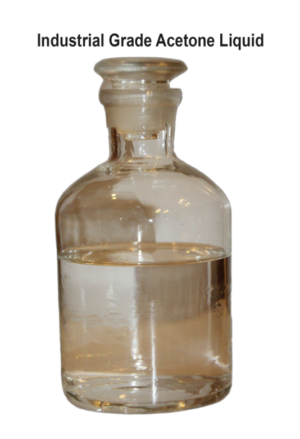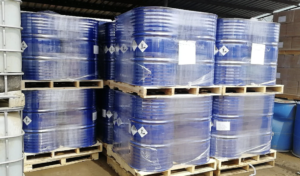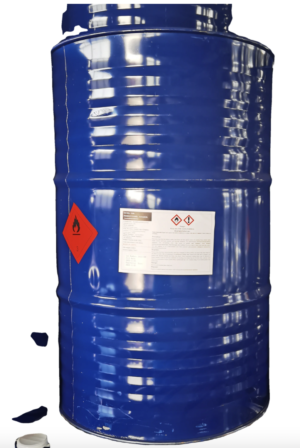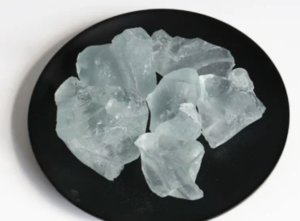Paraffin wax is a type of wax derived from petroleum or crude oil. It is a soft, colorless, odorless solid at room temperature, with a melting point typically between 46°C and 68°C (115°F to 154°F). Here are some key points about paraffin wax:
- Composition: Paraffin wax is composed primarily of saturated hydrocarbons, mainly straight-chain alkanes. It consists of long-chain molecules with carbon atoms ranging from 20 to 40 or more. The exact composition and properties of paraffin wax can vary depending on the source of crude oil and the refining process used.
- Production: Paraffin wax is obtained through the refining of crude oil or petroleum. It is extracted from the lubricating oil fraction during the refining process. Crude oil undergoes distillation and solvent extraction to isolate the paraffin wax, which is then further purified through processes such as dewaxing and filtration.
- Physical Properties:
- Melting Point: Paraffin wax has a relatively low melting point, which can range from 46°C to 68°C (115°F to 154°F), depending on the grade and purity of the wax. This property makes it suitable for various applications, including candle making, wax melts, and wax-based products.
- Solid at Room Temperature: Paraffin wax is a solid at room temperature but melts easily when heated. This property allows it to be molded and shaped into various forms and used as a base material for candles, cosmetics, coatings, and other products.
- Color and Odor: Pure paraffin wax is typically white or colorless and odorless. However, it can be bleached or refined further to remove impurities and achieve a higher degree of purity.
- Uses:
- Candle Making: Paraffin wax is one of the most common materials used in candle making due to its low cost, ease of use, and ability to hold fragrance and color. It is available in various grades and formulations to suit different types of candles, including container candles, pillar candles, votive candles, and taper candles.
- Cosmetics and Personal Care: Paraffin wax is used in cosmetics and personal care products, such as moisturizing creams, lip balms, and hair care treatments, where it acts as a emollient and skin softener. Paraffin wax treatments are also popular in spas and salons for moisturizing and soothing dry or rough skin.
- Food Industry: Paraffin wax is approved for use as a food additive in some countries and is used in certain food processing applications, such as coating fruits and vegetables to improve appearance and extend shelf life. However, it is not digestible and should not be ingested.
- Industrial Applications: Paraffin wax is used in various industrial applications, including lubricants, electrical insulation, rubber and plastic processing, and as a coating for wax paper, cardboard, and packaging materials.
- Safety Considerations: While paraffin wax is generally considered safe for its intended uses, precautions should be taken when handling hot wax to avoid burns or fires. Proper ventilation is recommended when melting or heating paraffin wax to prevent inhalation of vapors. Additionally, food-grade paraffin wax should be used for applications involving direct contact with food.











Reviews
There are no reviews yet.